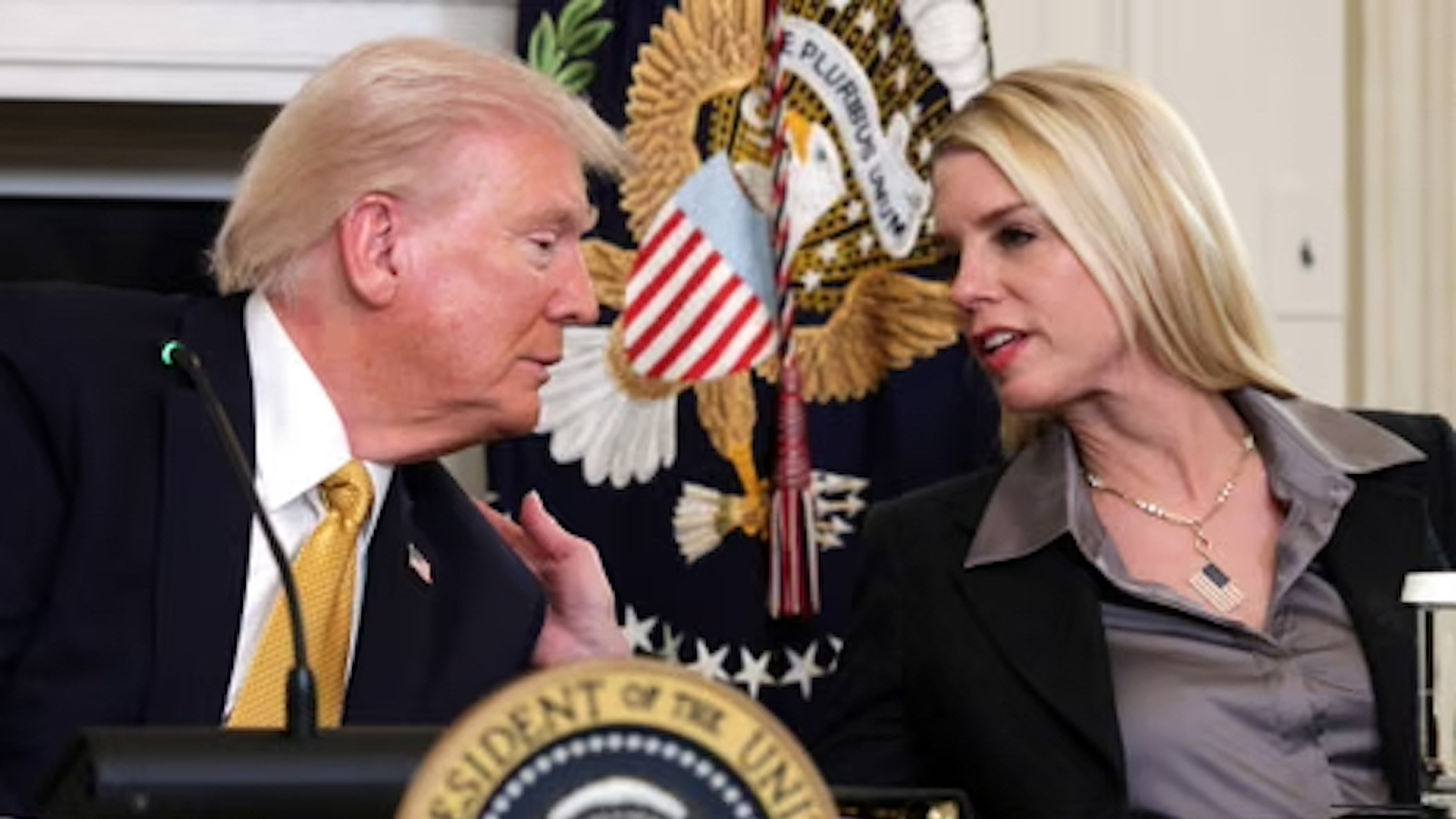
What the TikTok Ban Would Mean for App Users—and Americans
Last week, the U.S. Court of Appeals for the D.C. Circuit upheld legislation that would ban TikTok for millions of Americans. Legislation signed into law last Spring by President Biden is designed to force TikTok to either sell to a non-Chinese buyer by January 19th or face banishment from the United States. Since ByteDance’s Chinese founder and tech entrepreneur Zhang Yiming has a controlling stake in the company and has no plans to sell, a ban is more likely. While TikTok waits to hear if the Supreme Court will take up the appeal, one big question remains: What would a ban mean for the 150 million Americans who use TikTok?
Under a ban, any American companies doing business with TikTok—including app stores and browsers that host the site, or companies that provide software updates to previously installed apps—would face civil penalties. A lack of updates would mean that any apps already installed on phones would eventually become inoperable without the use of a technological workaround. But should the platform disappear from the daily lives for millions of Americans, the shocking truth will sink in: The American government has a distressing amount of power to intrude on the everyday lives of citizens and undermine their chosen pursuits of happiness.
TikTok has already been banned outright in a handful of countries, including Iran, Nepal, Afghanistan, Somalia, and India. In 2020, India removed the platform overnight for 200 million users after violence broke out on the Indian-Chinese border. This example may serve as a blueprint for what the surface-level effects could look like following a ban in the United States. Within months of the ban, a large majority of Indian users and content creators migrated to other social media platforms, such as Instagram and YouTube, while others may have circumvented the ban and continue to use TikTok through the use of VPNs. Humans, after all, are amazingly resilient and adaptable. But at what cost?
Americans would surely adapt in their day-to-day as well, but the unique effects of a ban like this on the balance of government power in the United States are far less understood. The social media app made famous by entertaining dances and challenges is now at the center of the delicate balance between security or liberty.
Based on the ruling, the court was not persuaded by arguments that a ban would violate millions of Americans’ First Amendment Rights. But since TikTok’s lawyers have been blocked by the Department of Justice from reading the evidence on what threats actually exist, identifying less consequential and less speech-restrictive alternatives to alleviate concerns seems nearly impossible.
TikTok is currently waiting to hear whether the ban will be postponed until potential Supreme Court review. But Trump’s incoming administration may further complicate the issue since Trump himself pledged to “save TikTok” on the campaign trail, even after previously supporting the ban in 2020. If Americans were facing a real and serious national security threat from TikTok, this is not the kind of action one would expect from government officials. Without concrete evidence of the security concerns TikTok is alleged to create, finding a solution that balances Americans’ competing interests is unlikely. Without proper vetting, implementing an unprecedented ban on an app that facilitates Americans’ right to free speech would unnecessarily extend government overreach.
Whether the ban takes place on the original January 19th deadline, after a drawn out legal battle, or simply fizzles away as a priority, all Americans, not just the 150 million TikTok users, should be rightfully concerned over the apparent pliability of their First Amendment Rights in the face of a poorly defined national security risk or general privacy concerns. Although the freedom of speech is not absolute, the government must meet a purposefully high standard of proof to overcome potential constitutional violations. The willingness of government actors across both parties to ignore or rewrite this precedent is alarming. What other foundational American principles could be on the chopping block next?
Free the People publishes opinion-based articles from contributing writers. The opinions and ideas expressed do not always reflect the opinions and ideas that Free the People endorses. We believe in free speech, and in providing a platform for open dialogue. Feel free to leave a comment.



